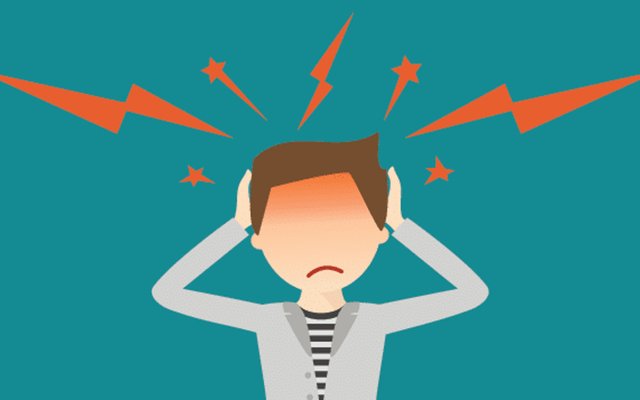Understanding anger issues
It’s important to understand that anger is a normal, healthy emotion, which can be triggered by many factors including physical illness, relationships, stress, or bad relationships. How often do you have anger? At first, it's probably very uncomfortable to have anger, because it can take many different forms, including irrational anger, which can feel like a physical attack, or even peaceful anger, which feels better than most of the other kinds of anger.
Some people are just naturally more defensive than others. Your ability to regulate your emotions can also be influenced by environmental factors like family or social pressures. Unfortunately, many of the emotional wounds that are often associated with anger are dealt with through aggressive responses or reactive behavior. Studies have shown that while small amounts of anger may make one feel good, too much anger can lead to problem behaviors.
If anger becomes an issue in the relationship, you should work on managing the feeling, building tolerance, and working with your partner to build a sense of cooperation in their interactions. Anger is an intense emotion and can also be a very public one. If you express anger on a daily basis, it is also an extremely important sign that you have physical, emotional, or psychological issues that need addressing.
If you experience anger that you can’t tolerate or control, you should seek professional help.The same goes for frustration. A large amount of frustration is rooted in pride, but anger can be counterproductive. It can cause you to believe you deserve or deserve to be treated badly. That leads to blaming others, which can lead to hurtful behaviors. In addition, anger can exacerbate your mental health problems by triggering the release of adrenaline.
The good news is that anger management is not always necessary for effective relationship management. In many cases, there are strategies to decrease anger without the need for medications. There are lots of ways to reduce your anger. Sometimes there are physical changes in your body, such as a decrease in a hormone called endorphin or a decrease in a chemical called dopamine. Another method is to shift your attention.
You should be aware that much of the time, anger is a healthy emotion, especially when it motivates people to deal with some difficult situations. However, you should also be aware of any negative consequences of any anger, and especially that, anger may serve as a "trigger" to develop obsessive compulsive disorder, which is an anxiety disorder and can be associated with other mental disorders and psychiatric illnesses. Work with your healthcare provider to create a plan for managing anger, whether that can be with friends and family, with a team of professionals, or even with someone else.
People who frequently express anger should work to control and reduce their emotional expression. Because anger can mask feelings of sadness, remorse or shame, people who express anger should work to become aware of their negative emotions. It is also helpful to learn to manage anger when it is directed at others, such as in arguments, conflicts, or when you feel threatened by someone. When you control your anger, you can increase the quality of your relationships with family and friends.


